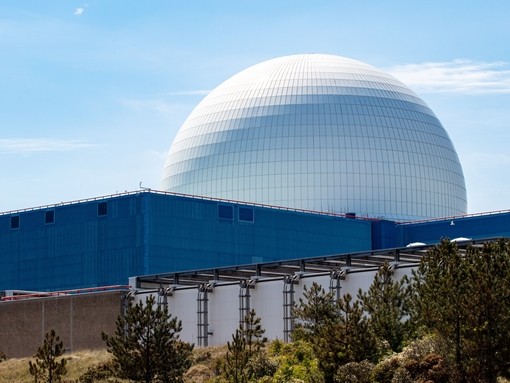
Britishvolt teaming with Siemens on Britain's first battery gigaplant
Late last year Britishvolt announced plans to build a huge manufacturing facility to support the UK automotive industry’s transition to greener forms of transport.
Blyth in Northumberland was selected as the site of the £2.6 billion gigaplant, making it one of the UK’s largest-ever industrial investments. Construction on the project is intended for the summer of this year, with Lithium ion batteries expected to be in production by 2023 and a target of producing over 300,000 by 2027.
Global powerhouse, Siemens has now jumped on board with the project by providing Britishvolt access to its automation, electrification and manufacturing execution technologies. This will speed up delivery times and will help Britishvolt reach its aforementioned target of delivering the first Lithium batteries by 2023. On top of this, Siemens will provide Britishvolt with design and stimulation development tools that will help accelerate the process of the Lithium battery ion cells to go from laboratory to production at scale.
Carl Ennis, CEO Siemens GB and Ireland stated:
“This is an exciting and vital project to quickly ramp up availability at commercial scale of the batteries required by the electric vehicle market to help the UK reach its carbon net zero goals by 2050. In order to give manufacturers and end customers the confidence to switch to electric vehicles, we need to have this crucial part of the supply chain here in the UK. We are keen to start working with Britishvolt to get the Blyth site operational by 2023, supplying batteries and delivering crucial investment in the North East, helping to level up the UK economy.”
Britishvolt CEO Orral Nadjari added:
“We are delighted to enter into this technology collaboration. Working with Siemens and utilising its global expertise in Digital Twin and simulation technologies will play a pivotal role in Britishvolt achieving its tight deadlines to begin producing world-class batteries, at scale, by the end of 2023. Being able to simulate production of lithium-ion batteries and cell development speeds up a complicated process and allows us to bring crucial batteries to market quicker. Working with leading global partners such as Siemens helps us stay firmly on course in our mission to build the UK’s first battery gigaplant.”













